It is customary to say selihot from the beginning of the month of Elul onwards.
In the society we live in, the new year is frequently ushered in with levity and drinking, whereas in Judaism, the beginning of a new year is a solemn occasion, preceded by a month of soul-searching and repentance.
The first day of the new year is an undeniable indication that another year of life has receded into the past. If one looks back on the bygone year and sees nothing of real achievement, one is likely to become quite dejected and if the celebration of a new year comes without an evaluation of the past and plan for the future then it becomes a sad realization that another year of one’s life has passed without purpose. This realization may require an extra dose of eggnog to distract from these feelings in order to be able to proclaim ‘Happy New Year!’
In Judaism, we prepare for the coming new year, as does every successful business, with reflection and evaluation with a plan of action for the future. A comprehensive examination of the events of the past year enables us to see what we have done right, so that we may enhance our efforts in those directions, and to see where we have gone wrong, so that we can avoid repeating the same mistakes. This allows us to have a life of meaning and purpose.
This is the nature of the entire month of Elul, as is alluded to in the verse ‘I am to my Beloved, and He is to me’.
Shabbat Shalom,
Rabbi Shaul



